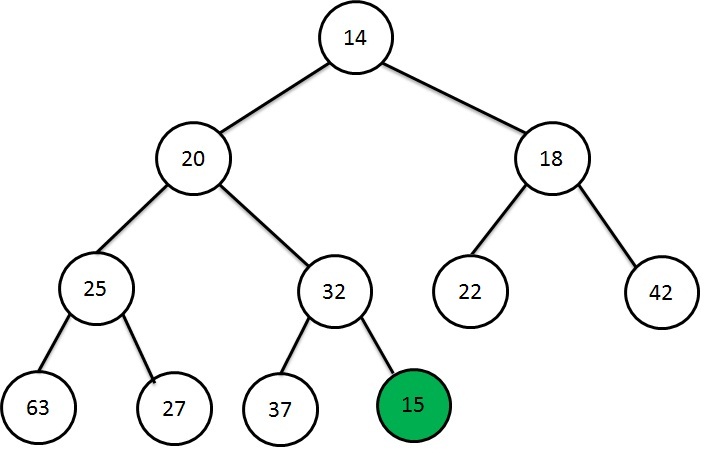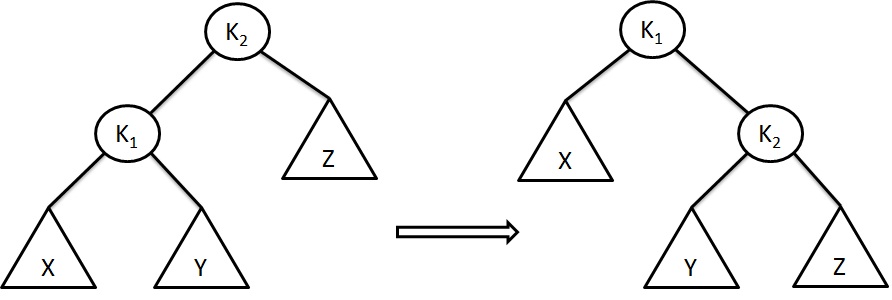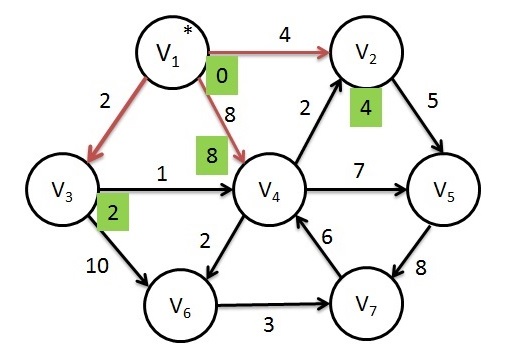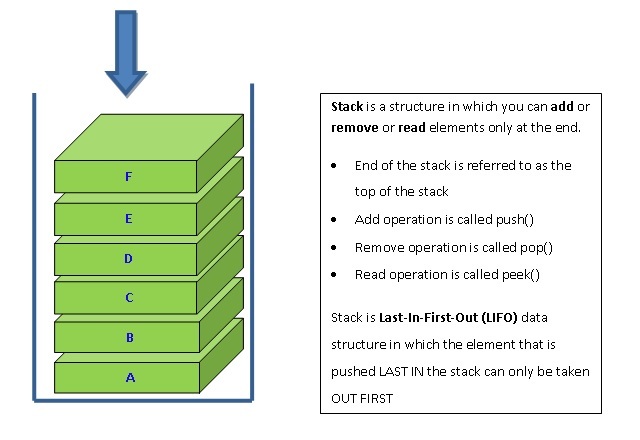Tasks of Operating System
Operating System has various responsibilities which include Process Management, Memory management, File System Management, IO System Management, Protection and Security
Process Management
A program in execution is called a process.
Examples of Process
- Time shared program such as compiler
- Word processing program
- System task like sending output to a printer
How OS helps in process management
The process needs resources such as CPU, Memory, Files and I/O devices to complete its task.
- Operating System allocates the resources needed.
- When the process terminates, Operating system reclaims the resources.
OS responsibilities
Operating system has following the process management responsibilities:
- Creates and deletes both user and system processes
- Allocates and de-allocates the processor
- Suspends and resumes processes
- Provides mechanisms for process synchronization, process communication and deadlock handling
Memory Management
What is Main Memory?
Main or Primary memory is a large array of words or bytes, each word or byte has its own address. The main memory is the temporary storage device that the CPU has direct access. Main memory is fast and volatile type of semi-conductor memory. RAM is an example of Main memory
Why is Memory Management required?
When the program is being executed, it must be in memory. The memory management schemes are used to improve the CPU utilization and speed of the computer system.
Operating system has the following memory management responsibilities:
- Keeps track of which parts of memory are being used.
- Decides which process will get the memory and which process will move out of the memory.
- Based on process requirement, it allocates and de-allocates the memory space.
File System Management
File is the collection of related information. In general, file is organized into directories for easy to access and use. Operating system may manage file sytem or allow other file management systems to do the work
Operating system has the following File system management responsibilities:
- Creation and deletion files and directories.
- Support to manipulating files and directories.
- Maps the files onto secondary storage.
- Back up the files on stable storage media
I/O system Management
Operating system hides the typical feature of specific hardware devices from the user. Operating system manages the hardware devices with their corresponding driver. Because, Only the device driver knows the peculiarities of the specific hardware devices.
Operating system has the following I/O system management responsibilities:
- Monitors all devices.
- Allocates the device when the process is needed.
- De-allocates the device when the process is no longer needed.
Protection and Security
Operating system is responsible to provide protection and security for the resources defined by a computer system.
Protection
- Protection is a mechanism for controlling the access of processes or users to the resources that are available by the computer system.
- Protection can improve the reliability by means of error detection and differentiate between authorized and unauthorized usage.
Security
- A system may have enough access protection, but still inappropriate access is possible. To handle this situation, Operating system also takes care of security.
- The main job of security is to prevent the system from external and internal attacks.
- Most of the attacks are prevented by an operating system and others will be prevented by additional software.













